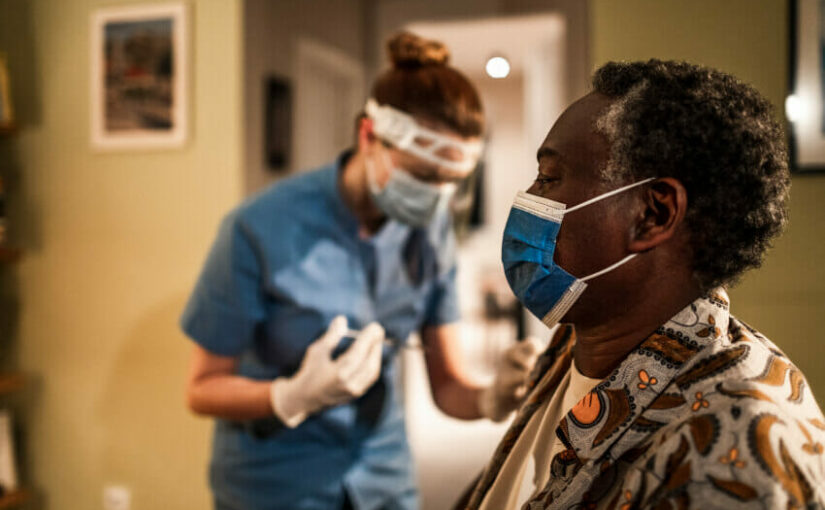By Alan P. Lyss, MD
The COVID-19 pandemic prompted changes to standard practices for cancer clinical trials, and thought leaders have recommended continuing — and improving upon — those new practices.
These recommendations, from members of the American Association for Cancer Research’s COVID-19 and Cancer Task Force, were recently outlined in an article published in Cancer Discovery.
The authors highlighted pandemic-related changes that allowed patients to participate in trials remotely. For example, researchers used digital platforms to educate patients, communicate the risks of investigational products, and allow for electronic informed consent processes.
Requirements for on-site visits to study centers were reduced by allowing phone and videoconference interactions between patients, health care providers, and research staff.
In some cases, patient care was transferred to local oncology providers, both for the administration of therapy and trial monitoring. For patients receiving oral investigational products, the products were sent directly to their homes, instead of requiring patients to travel to study sites.
Treatment regimens could be modified to permit less frequent dosing when appropriate. Digital health technology was used to collect health status measurements, and remote reporting of symptoms and toxicity were allowed.
Remote protocol auditing was implemented as well, and minor protocol deviations that failed to impact the validity of the study endpoints were allowed.
Outside laboratories and imaging facilities were able to submit reports and/or digital images to enable safety and efficacy assessments.
All of the aforementioned accommodations make trials more efficient, decentralized, and patient-centric, according to the authors. The contingency measures assured the safety of trial participants while maintaining principles of good clinical practice and trial integrity, the authors noted.
Unaddressed Concerns and Unfinished Business
The authors acknowledged that aspects of the National Cancer Institute’s established processes can make trial participation difficult for economically and geographically disadvantaged patients, including rural cancer patients, those with poor health insurance, and patients with comorbidities.
Some of the new processes prompted by the COVID-19 pandemic may make trial participation easier for underrepresented groups, but there is more room for improvement, according to the authors.
One improvement would be continuing to extend the cancer clinical research process further into the community setting. This could be done by providing investigational intravenous therapies at local sites and by increasing funding for accrual of patients from medically underserved and underrepresented populations.
Another improvement would be further reducing reporting requirements for adverse events and low-value laboratory data in late-stage trials where these data are unlikely to have an adverse impact on patient safety.
Additional improvements would involve using patient-reported outcomes as primary study endpoints and supporting national efforts to collect clinical trial data directly from patient’s electronic health records.
It isn’t clear how pandemic-prompted modifications in clinical trial conduct impacted patient safety and trial integrity. However, the authors noted that many of the practices implemented existed prior to the public health crisis and had been vetted with professional societies, advocacy groups, and trial sponsors, and/or tested in pilot initiatives including public-private partnerships.
These changes, implemented during a time of social and economic uncertainty, could make cancer research more inclusive and less onerous to conduct. These modifications to historic — but perhaps no longer justified — practices are especially important in an era in which precision oncology research has increased trial complexity and cost.
This article was published by Cancer Therapy Advisor.


